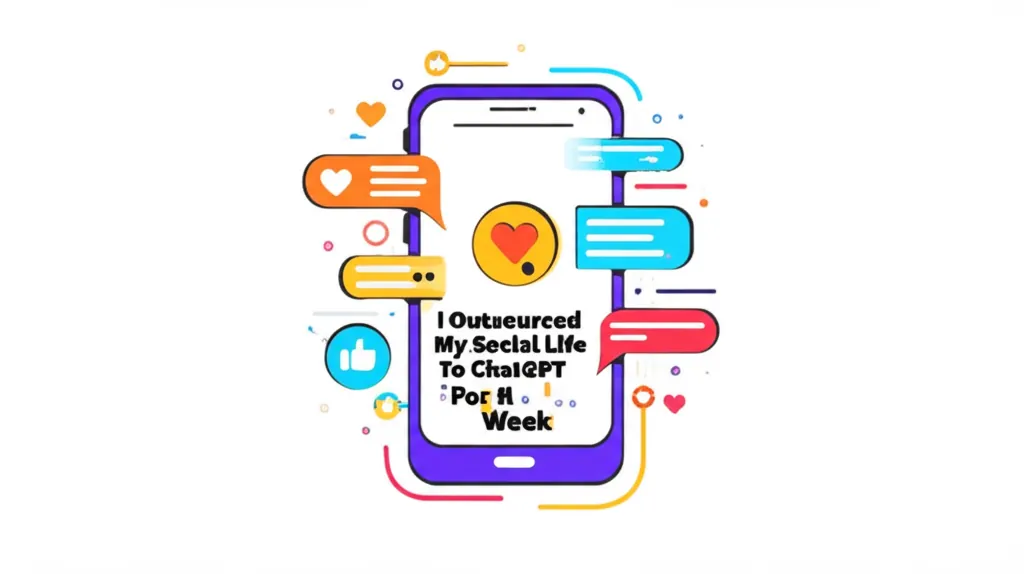Developer Offer
Try ImaginePro API with 50 Free Credits
Build and ship AI-powered visuals with Midjourney, Flux, and more — free credits refresh every month.
How AI is Revolutionizing Retinal Imaging and Patient Care
The New Frontier of AI in Ophthalmology
A recent discussion with Daniela Ferrara, Chief Medical Officer for TopCon Healthcare, shed light on the incredible potential of artificial intelligence in ophthalmology. Ferrara, a retina specialist with 25 years of experience in imaging innovation, highlighted how AI is set to transform the field. The conversation was sparked by a panel she moderated at the OIS Retina event, which brought together a diverse group of experts, including pharmaceutical leaders, AI developers, and clinicians, to explore how AI can revolutionize clinical trials for retinal medicine.
Solving Critical Challenges in Healthcare
According to Ferrara, artificial intelligence is poised to solve two critical problems across the healthcare ecosystem. In the realm of drug development, AI promises to significantly accelerate the process of bringing new therapies to patients. This is achieved by increasing success rates, shortening timelines, and making resource allocation more efficient. For clinical practice, AI offers powerful tools that lead to more informed decision making and pave the way for highly personalized treatment plans for patients.
Ferrara described two primary categories of AI algorithms currently under development. The first, segmentation algorithms, focus on automating tasks that were traditionally done by human experts. This includes identifying and measuring key biomarkers in retinal images over time, which provides major benefits in efficiency and cost reduction. The second, more complex category, is future prediction algorithms. These systems analyze retinal images to forecast the future state of the retina. While some of these algorithms use identifiable biomarkers, others operate as powerful "black box" systems, finding patterns beyond human recognition.
AI in Action Transforming Clinical Trials
The practical implementation of AI in clinical trials is already underway. The technology is being used to accelerate patient screening, improve recruitment for studies, and provide an enhanced interpretation of trial results. A significant shift is occurring where some new and emerging endpoints in these trials now fundamentally require AI for proper image analysis. This marks a clear move from AI as a theoretical concept to a practical and indispensable tool in modern research.
Ocolomics The Eye as a Window to Systemic Health
One of the most exciting developments discussed is the field of "ocolomics" research. This innovative area uses AI to analyze retinal images for the purpose of predicting systemic diseases throughout the body. While eye care professionals have long been able to diagnose conditions like diabetes and hypertension by examining the retina, AI amplifies this capability exponentially. Preliminary research is showing incredible promise for using retinal scans to predict neurodegenerative diseases such as Alzheimer's, MS, and Parkinson's. Furthermore, AI is improving prediction models for cardiovascular and metabolic conditions, truly establishing the eye as a window to a person's overall health.
Beyond Theory Practical AI is Here
Ferrara emphasized that the conversation around AI in ophthalmology has moved far beyond abstract ideas and "pie in the sky" concepts. We are now witnessing concrete, practical applications that are changing the landscape of eye care. The integration of AI in retinal imaging represents a massive paradigm shift, offering the potential to transform not only clinical trial methods but also the very delivery of patient care. By meeting patients where they are and providing more accurate and efficient diagnostics, AI is positioning itself as a crucial tool for the future of ophthalmology and the broader healthcare industry.
Compare Plans & Pricing
Find the plan that matches your workload and unlock full access to ImaginePro.
| Plan | Price | Highlights |
|---|---|---|
| Standard | $8 / month |
|
| Premium | $20 / month |
|
Need custom terms? Talk to us to tailor credits, rate limits, or deployment options.
View All Pricing Details

